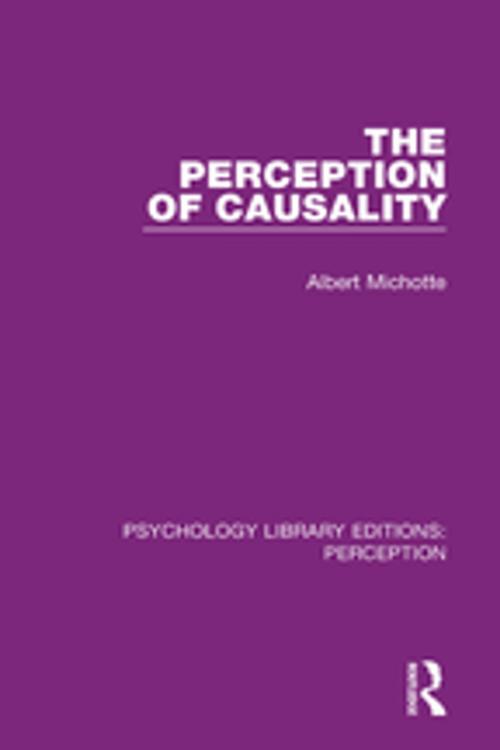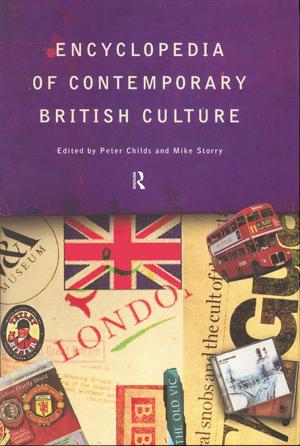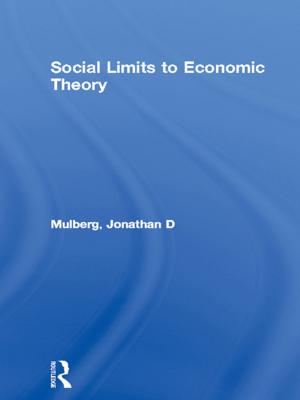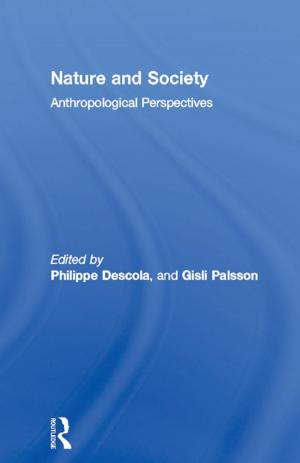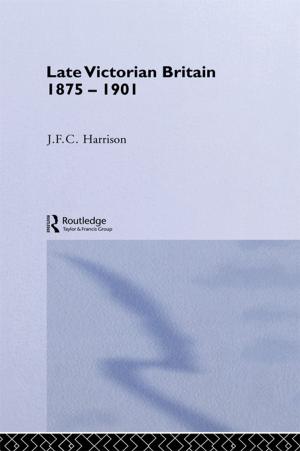| Author: | Albert Michotte | ISBN: | 9781315519036 |
| Publisher: | Taylor and Francis | Publication: | March 27, 2017 |
| Imprint: | Routledge | Language: | English |
| Author: | Albert Michotte |
| ISBN: | 9781315519036 |
| Publisher: | Taylor and Francis |
| Publication: | March 27, 2017 |
| Imprint: | Routledge |
| Language: | English |
Originally published in 1963, this is a classic work on the psychology of perception. By means of suitable patterns on a partly concealed rotating disc Michotte was able to give the impression of objects in movement; and where certain conditions of speed, position, and time-interval were satisfied, his subjects received the impression of a causal interaction between two objects – for example, the impression that one object has ‘bumped into’ another (the ‘Launching Effect’) or is carrying it along (the ‘Entraining Effect’). In a further group of experiments Michotte studies the conditions in which moving objects look as though they are alive.
A large number of experiments are described, and on the basis of them Michotte formulates a theory as to the conditions in which causal impressions occur. He also compares his own views on causality with those of Hume, Maine de Biran, and Piaget.
Originally published in 1963, this is a classic work on the psychology of perception. By means of suitable patterns on a partly concealed rotating disc Michotte was able to give the impression of objects in movement; and where certain conditions of speed, position, and time-interval were satisfied, his subjects received the impression of a causal interaction between two objects – for example, the impression that one object has ‘bumped into’ another (the ‘Launching Effect’) or is carrying it along (the ‘Entraining Effect’). In a further group of experiments Michotte studies the conditions in which moving objects look as though they are alive.
A large number of experiments are described, and on the basis of them Michotte formulates a theory as to the conditions in which causal impressions occur. He also compares his own views on causality with those of Hume, Maine de Biran, and Piaget.
